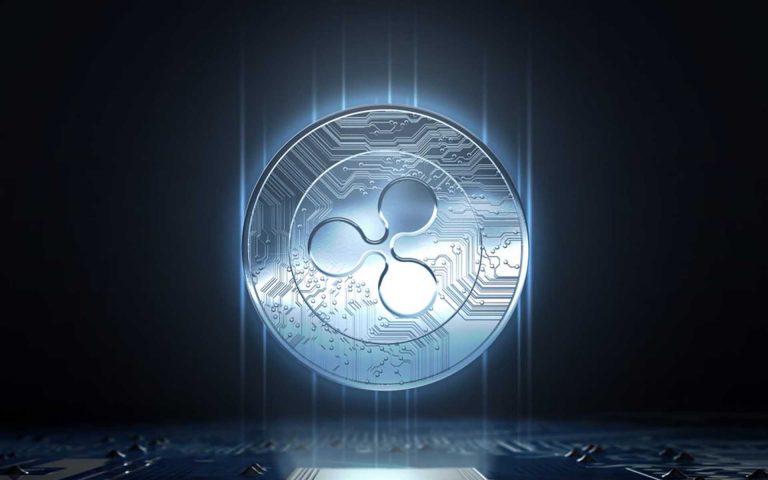
Over the years global trading and businesses flourished with due support from the Society of Worldwide Interbank Financial Telecommunication (SWIFT), which has been around for more than 40 years. SWIFT was launched in 1973 in the Belgium capital, Brussels. The platform played a major role in allowing cross-border transactions and exchange of currencies.
However, in the last few years, many blockchain platforms like Ripple (XRP) and innovative infrastructures have debuted in the market and more are expected to come soon. As of now, SWIFT is only an archaic existing platform that has not changed much since its launch. It is a major concern for those who intend to transact in multiple currencies or banks.
Ripple can be the next global currency
Ripple is a blockchain-based solution that can fulfill the expectations of modern-day traders who are looking for diversification in the cryptocurrency market. Apart from being a functional digital asset that fuels the ecosystem of Ripple, the platform also now has become a key player in cross-border payments.
In 2017, the value of XRP grew by over 100 times. Slowly the coin has gained a mainstay in the competitive banking sector, which has given it a global reach. Naturally, 2 crypto enthusiasts are taking Ripple quite seriously and even believe that it soon may become the next global currency. This may be wishful thinking but it is within the conversation.
Is Ripple the candidate for replacing SWIFT?
In the last couple of years, people have started losing trust in SWIFT as the platform has been found to be quite inefficient in meeting the demands of traders. Moreover, the high costs and slow speed of transaction have made it less appealing. As compared to SWIFT, Ripple’s xRapid offers solutions to all the problems in the financial sectors. Traders can source liquidity using its XRP token.
SWIFT takes around 4 to 7 days for completing a normal transaction whereas xRapid takes only 3 seconds to execute the same process irrespective of the origin or destination of the funds. Also, the platform charges almost nothing in fees per transaction.




